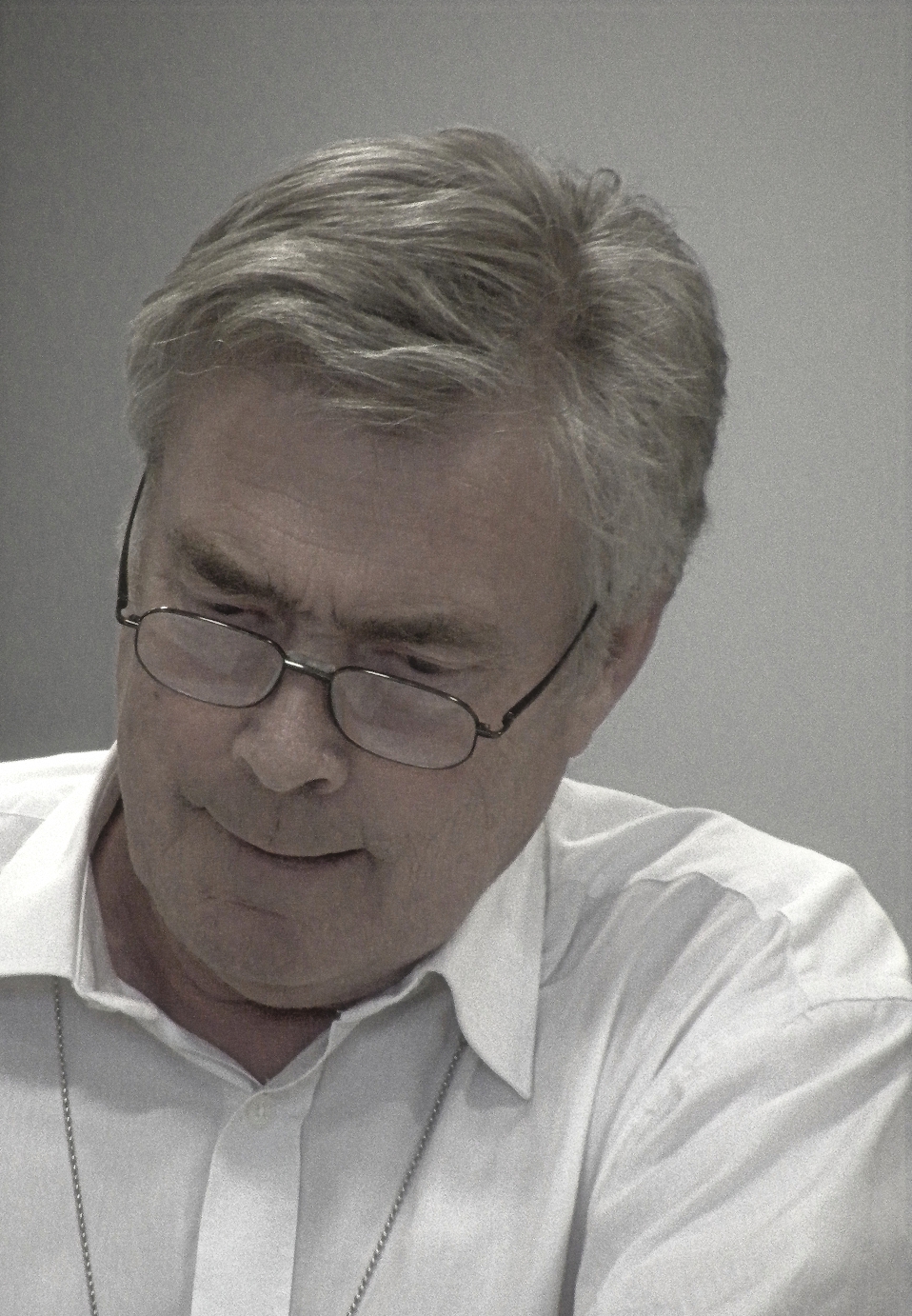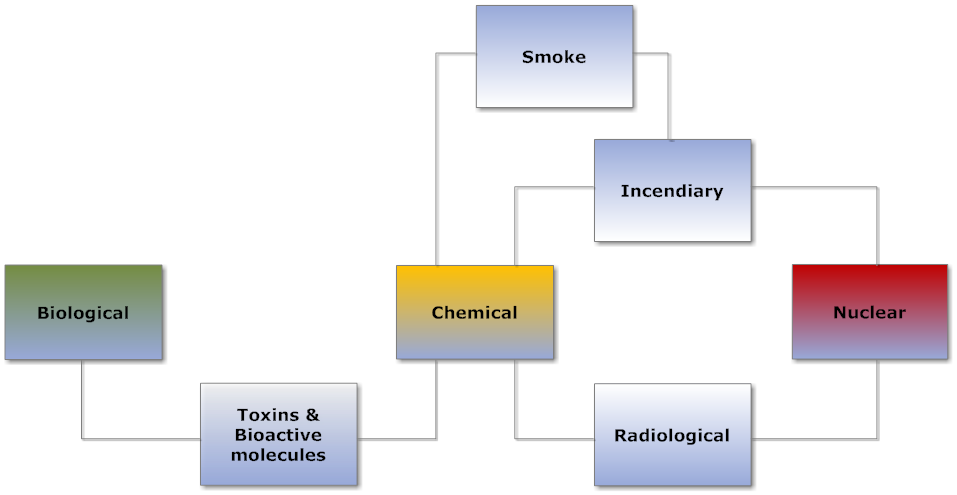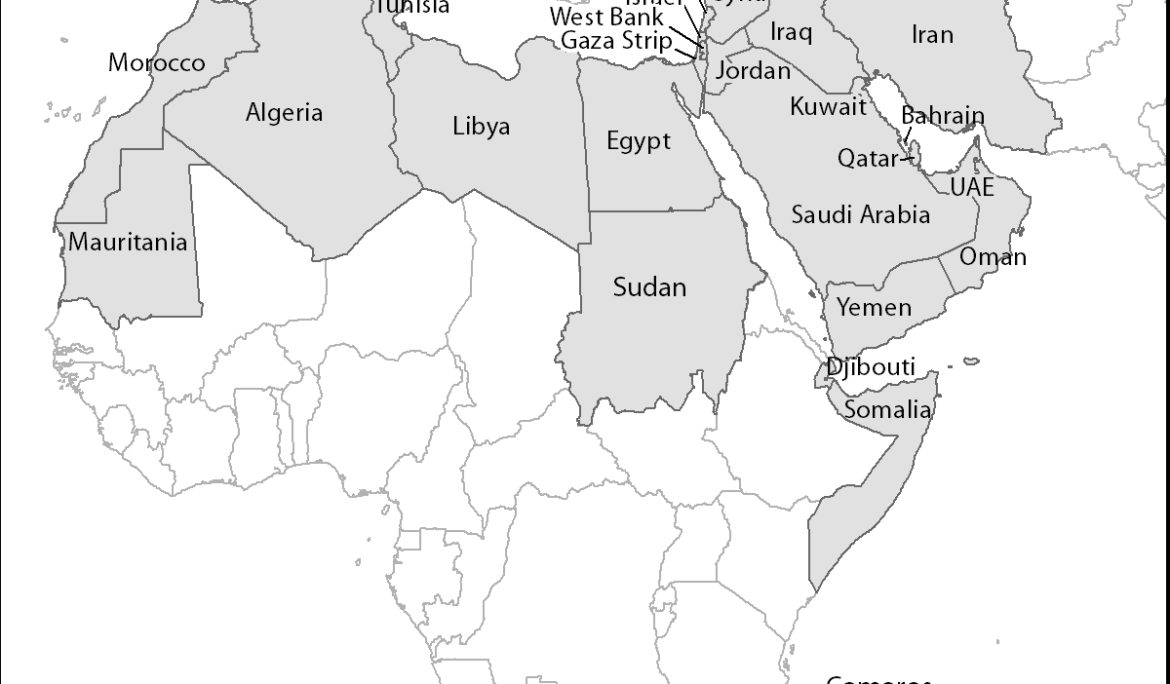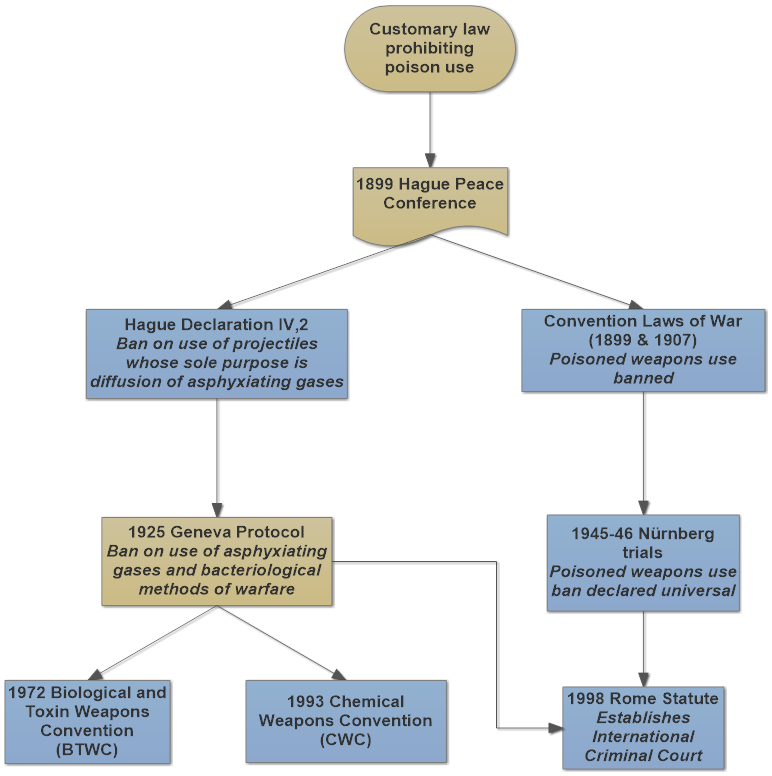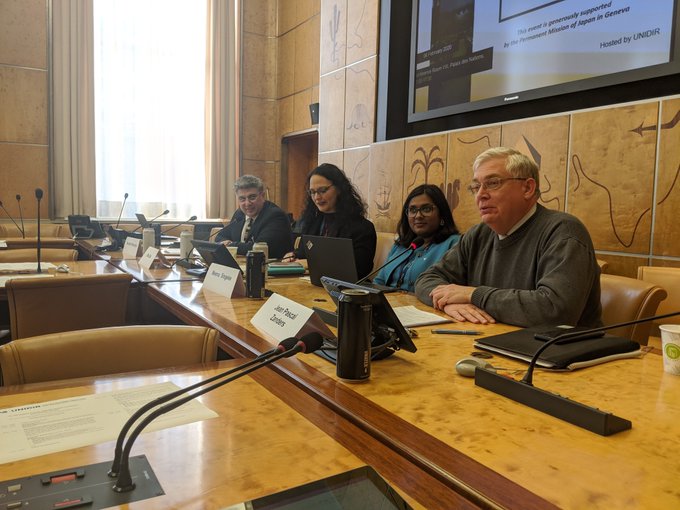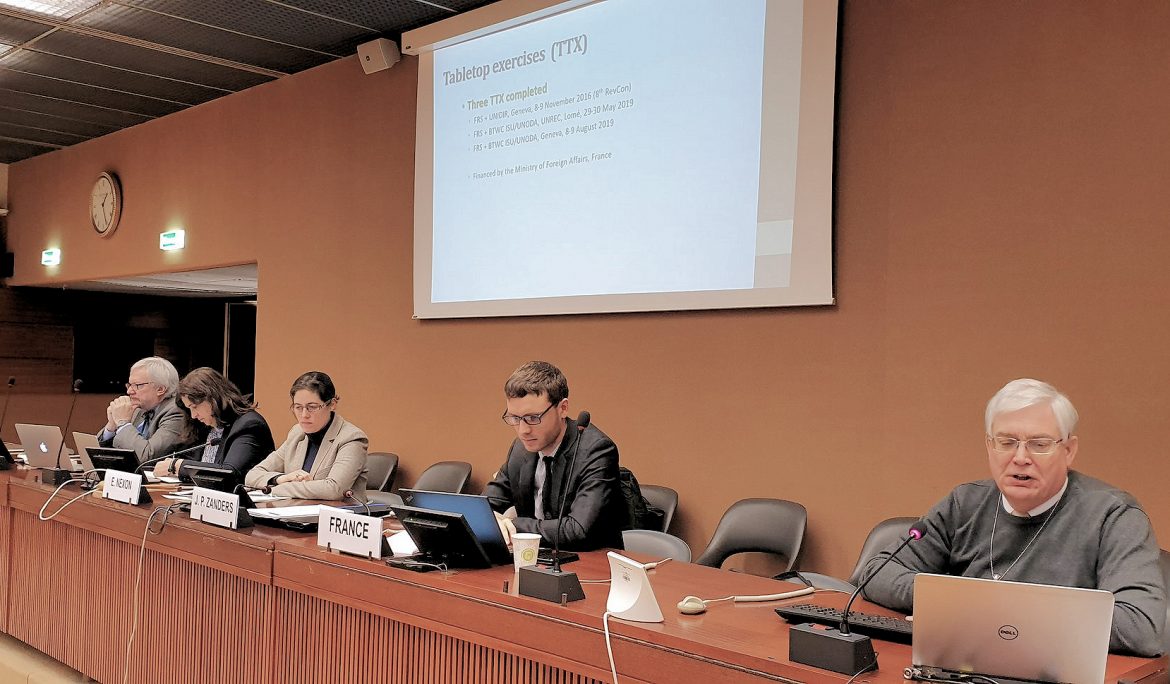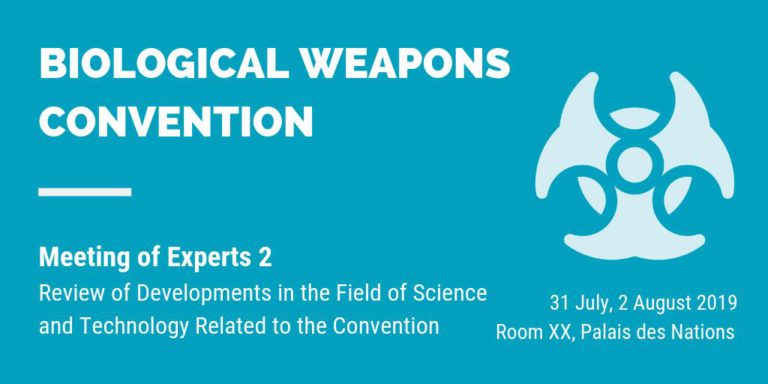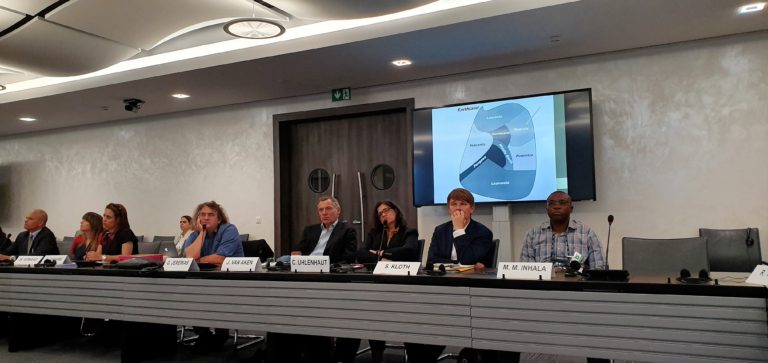JPPR – The 4 letters that shaped my career
Dazed. Shocked. Stunned. Does any one of these words even begin to convey my reaction when around noon on 23 April I received the phone call informing me of Julian’s passing, having lost the battle against COVID-19 the night before? When I entered the field of chemical and biological warfare in 1986, his name immediately stood out. Julian Perry Robinson, a name immediately associated with the Stockholm International Peace research Institute (SIPRI) and the University of Sussex, near Brighton in the south of England. Our first encounter was in 1989. In hindsight, it was unsurprisingly at a workshop bringing together …
A Middle East Zone Free from Non-conventional Weapons (4)
Part 4: Clear legal definitions at the core of the future treaty This article is the fourth in a series of blog postings exploring the opportunities and challenges facing a new series of conferences at the United Nations in New York to eliminate non-conventional arms – essentially nuclear weapons, and to a lesser extent chemical and biological weapons (CBW) – from the military arsenals in the Middle East. Why legal definitions matter By adopting Decision 73/546 on 22 December 2018, the UN General Assembly tasked the newly established conference with ‘elaborating a legally binding treaty establishing a Middle East …
A Middle East Zone Free from Non-conventional Weapons (3)
Part 3: Defining the Middle East, a loaded question In November 2019 a conference at the United Nations in New York (report here) marked a fresh round of diplomatic efforts to eliminate non-conventional arms – essentially nuclear weapons, and to a lesser extent chemical and biological weapons (CBW) – from the military arsenals in the Middle East. As indicated in the second part of this series, participants in the new conference series depart from the definition of the Middle East used by the International Atomic Energy Agency (IAEA). At the UN Institute for Disarmament Research (UNIDIR) seminar ‘The Middle …
A Middle East Zone Free from Non-conventional Weapons (2)
Part 2: Treaties governing chemical and biological weapons In November 2019 a conference at the United Nations in New York marked a fresh round of diplomatic efforts to eliminate non-conventional arms – essentially nuclear weapons, and to a lesser extent chemical and biological weapons (CBW) – from the military arsenals in the Middle East. This article is the second in a series of blog postings exploring the opportunities and challenges to ensure that the regional risks of CBW threats and use – chemical weapons (CW) were and, as I am writing, are part of conflicts in the Middle East …
A Middle East Zone Free from Non-conventional Weapons (1)
Part 1: A new process to disarm the Middle East In November 2019 a conference at the United Nations in New York marked a fresh round of diplomatic efforts to eliminate non-conventional arms – essentially nuclear weapons, and to a lesser extent chemical and biological weapons (CBW) – from the military arsenals in the Middle East. The previous initiative died in 2015 as the review conference (RevCon) of the 1968 Nuclear Non-Proliferation Treaty (NPT) failed to agree on a consensus document. The new series of annual meetings takes place outside the NPT RevCon cycle, which consists of a quinquennial …
An anthrax attack against cattle: Would international emergency assistance be forthcoming?
Last Friday the Fondation pour la recherche stratégique (Paris) presented its new report on Article VII of the Biological and Toxin Weapons Convention (BTWC) during a side event of the Meeting of States Parties (3–6 December). The publication summarises the third tabletop exercise (TTX) to better understand how a party may request international assistance under Article VII if it has been exposed to a danger resulting from a treaty violation. Such a danger may include the use or threat of use of biological weapons (BW) by another state party. The first (Geneva, November 2016) and second (Lomé, May 2019) TTXs achieved better understanding of …
How the Convergence of Science, Industry and Military Art Slaughtered Innocence
Keynote speech at the CONDENsE Conference, Ypres, Belgium, 29 August 2019 Good evening ladies and gentlemen, colleagues and friends, It is a real pleasure to be back in Ieper, Ypres, Ypern or as British Tommies in the trenches used to say over a century ago, Wipers. As the Last Post ceremony at the Menin Gate reminded us yesterday evening, this city suffered heavily during the First World War.Raised to the ground during four years of combat, including three major battles – the first one in the autumn of 1914, which halted the German advance along this stretch of the frontline …
Blog 2 – Experiences of a student at the Meetings of Experts of the Biological and Toxin Weapons Convention
This second blog post covers both the second and third Meetings of Experts (MXs) of the Biological and Toxin Weapons Convention (BTWC). MX2 on science and technology took place on 31 July and 2 August (the day in between being the Swiss national day); MX3 on strengthening national implementation of the BTWC was a one-day event on 5 August. MX2 impressions Like at the start of the week I was still sitting behind The Trench nameplate, which was formally represented for the first time in these five MXs of 2019. MX2 was chaired by Mr Yury Nikolaichik of Belarus who decided to …
Third tabletop exercise on emergency assistance in case of biological weapon use – First impressions
The day after the presentation of the report on the Article VII tabletop exercise (TTX) held in Lomé, Togo on 29 and 30 May to the states parties of the Biological and Toxin Weapons Convention (BTWC), the Fondation pour la recherche stratégique (FRS) and the BTWC Implementation Support Unit (ISU) ran another TTX in the United Nations building in Geneva. This time the focus was on a series of anthrax outbreaks that affected mostly herd animals, but also led to multiple human casualties. The scenario was a deliberate attempt to break with the habitual simulations of increasingly dire human pandemics. After all, the BTWC covers …
Deciding on emergency assistance in case of biological weapons use
Today, in the Palais des Nations in Geneva we presented the report on the Tabletop Exercise (TTX) on the Implementation of Article VII of the Biological and Toxin Weapons Convention (BTWC), which the Fondation pour la recherche stratégique (FRS) and the BTWC Implementation Support Unit (ISU) organised in cooperation with UN Regional Centre for Peace and Disarmament (UNREC) organised in Lomé, Togo on 28–29 May 2019. Being one of the more obscure provisions in the BTWC, Article VII only attracted state party attention over the past ten years or so. In follow-up to the decision of the 7th Review Conference (2011), parties to the convention looked for the …

